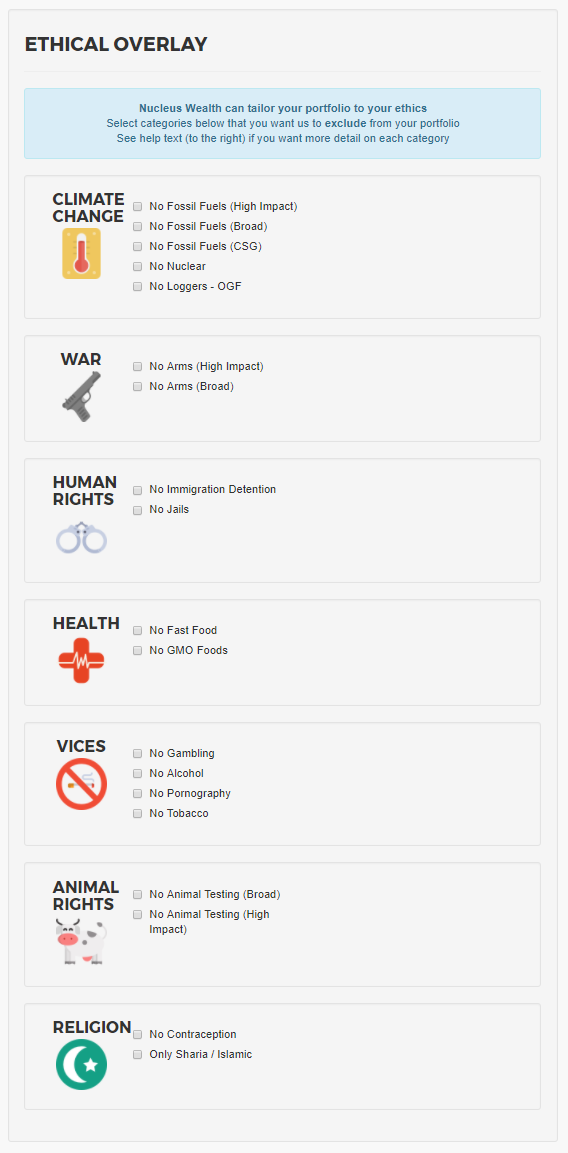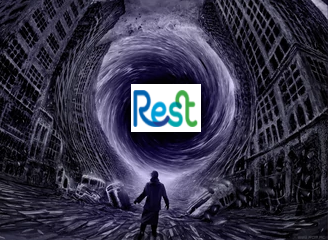A fascinating story of David v. Goliath has emerged in REST super member, Mark McVeigh taking the $50 billion superannuation fund to Federal Court after some frustrated attempts to find out what the fund is doing to protect his retirement savings from the risks of climate change.
“I would like to know what Rest is doing about climate change and whether my money is being managed properly,” McVeigh said. “As an individual it can be difficult to make a big impact on limiting climate change. Rest is a $50 billion fund. It has a lot of power and influence and it should do the right thing.”
Sadly, in my time working with a major retail superannuation fund, I have had the pleasure of banging my head against the investment committee’s office door, trying to find answers to questions posed by clients regarding the investments within the opaque unitised pools that make up most superannuation investment options.
One of the obvious frustrations with multi-billion dollar funds, admittedly focusing on maximising returns, is that there is limited time (or resources) devoted to helping the end investor understand exactly what is contained within their portfolio, and offer information that an investor might then use to ascertain for themselves the risks that global themes such as climate change might have on their overall returns. By involving the Federal Court in the fight for information, it’s fair to say that Mark is a little more pertinacious than your average superfund member.
Sure there is often an opportunity to invest in ESG, Sustainable or Ethical options which should hopefully have these themes in mind when investment decisions are made, but these, of course, use a broad brush measure that aims to capture most of the popular themes. Ultimately this means that an investor, such as Mark for example, who invests to avoid companies potentially impacted by climate change, will now also potentially giving up returns from themes he is ambivalent about, such as tobacco, animal testing or pornography.
UItimately this is one of the many reasons why we decided to construct our investment opportunity in a slightly different manner. We build the best possible portfolio of individual stocks that we can for a client, then allow them to choose from 19 different ethical screens which then hands back the control of how they invest in a much more granular fashion.

In cases like Mark’s, big money managers like REST have the odds stacked against them, as their pooled methods mean that instead of focusing on a client’s needs, they instead force people to accept poor transparency, limited control and ultimately confusion about how their retirement savings may be impacted by the ethical beliefs that mean the world to them.

